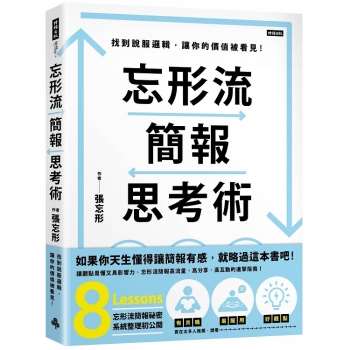Traditional welfare economics works with the assumption of the fully rational economic agent (homo economicus) whose preferences are fixed. To the contrary, this book presents a theory of welfare economics that maintains the principles of normative individualism while allowing for adaptive or changeable preferences.
| FindBook |
|
有 1 項符合
Freedom and Adaptive Preferences的圖書 |
 |
$ 3179 ~ 10200 | Freedom and Adaptive Preferences
作者:Von Weizsäcker 出版社:Routledge 出版日期:2024-06-25 語言:英文 規格:精裝 / 254頁 / 普通級/ 初版  共 2 筆 → 查價格、看圖書介紹 共 2 筆 → 查價格、看圖書介紹
|
|
|
內容簡介
作者簡介
Carl Christian von Weizsäcker received his PhD in 1961 from the University of Basel for a dissertation in which he showed that the optimal rate of interest is equal to the growth rate. Edmund Phelps published the same result also in 1961 and called it the "Golden Rule of Accumulation." Following research visits at MIT and the University of Cambridge, he became full professor of economics in Heidelberg at the age of 27. From 1968 to 1970, he taught as a full professor at the Economics Department of MIT. His students included Robert Merton, Robert Shiller and Stanley Fischer. During these years, he co-authored papers with Paul Samuelson and Robert Solow in the field of capital theory and macroeconomics. Later, Carl Christian von Weizsäcker turned to topics in industrial economics, with special emphasis on Schumpeterian economics, the economics of telecommunications and energy economics. He developed a theory of adaptive preferences that can serve as a basis for welfare economics beyond the homo economicus. He also co-authored a book on macroeconomics. He taught at the universities of Bielefeld, Bonn, Bern and Cologne. Since his retirement from teaching, he has been working at the Max Planck Institute for Research on Collective Goods, Bonn (Germany).
In 1977, he was elected to the Board of Academic Advisors of the German Minister for Economic Affairs, of which he is still a member today. From 1986 to 1998, he was a member of Germany’s Monopolies Commission, and from 1989 to 1998, he was its chair.
Carl Christian von Weizsäcker, former Chairman of the German Monopoly Commission, is a Fellow of the Econometric Society, and is a member of the American Academy of Arts and Sciences, the North Rhine-Westphalian Academy of Sciences, and Germany’s National Academy of Science and Engineering.
|










